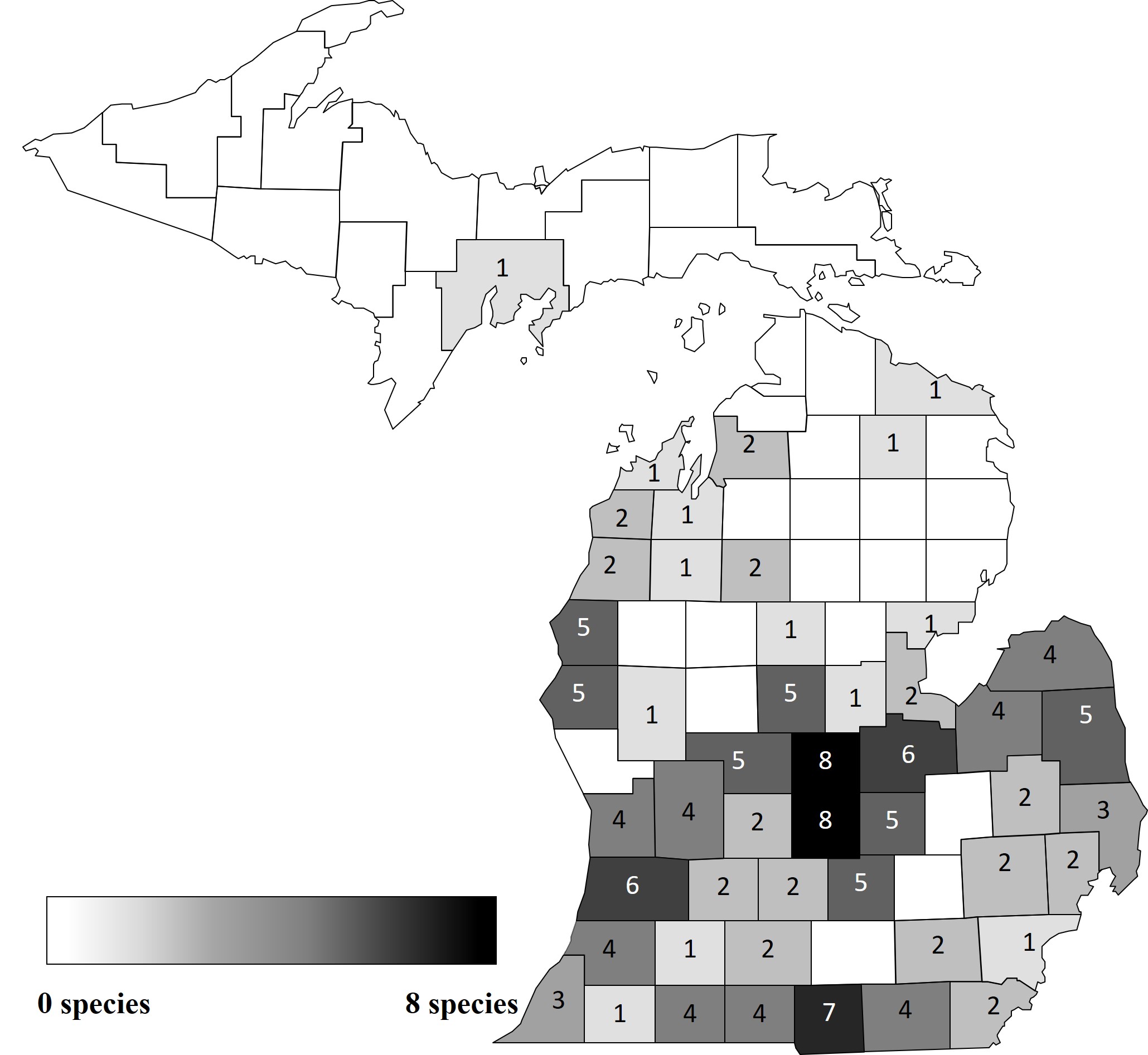Suspect herbicide resistance? Submit weed seeds for screening
October is the prime time to collect and submit weed seeds for herbicide resistance screening.

As we begin harvest season and make plans for the next year, consider any weeds that have escaped control with herbicides. If you are seeing survival in weeds that used to be controlled by your herbicide program, herbicide resistance could be an issue. Michigan State University Plant & Pest Diagnostics offers bioassay screening of weed species for herbicide resistance starting in the fall and winter months of each year. This screen can confirm resistance and rule out the many other factors that could contribute to weed escapes.
To screen for resistance, seeds are cleaned from dried plant material, treated for dormancy, grown in the greenhouse and treated with up to seven different herbicides (herbicides screened are based on the species, cropping system, suspected resistance, and quantity of seedlings). A known susceptible population is tested alongside all samples to verify results. The duration of the process depends on the species, but results are usually available no later than March. New incidence of resistance (i.e., not previously confirmed in Michigan) require additional testing.
The Michigan Soybean Committee will again be sponsoring the testing of select species (i.e., pigweeds/amaranths, ragweeds, horseweed and common lambsquarters) for Michigan soybean growers.
The cost of screening for non-soybean or for species not listed above is $90 per sample. If you intend to submit a species not listed above, please consult with us in advance to ensure we have or can collect a known susceptible population of the same weed species (contact Erin Hill at hiller12@msu.edu).
Most weed seeds from summer annual species are mature by October, depending on the species and time of emergence. If you plan to submit a sample, refer to the factsheet “Tips for Collecting Weed Seeds” to ensure you collect mature seeds (Figure 1), gather a sufficient quantity (i.e. 5 plants or more), and package them properly. If the species you are submitting is not on the sheet, we can discuss tips for seed collection on a case-by-case basis. A submission form is needed with the sample, which can be found at the link or on the general Plant & Pest Diagnostics website.
We ask that all samples be submitted no later than mid-November, to ensure testing over the winter months.
Further information on herbicide-resistant weed species confirmed in Michigan can be found on the “History & Map of Herbicide-Resistant Weeds in Michigan” (Figure 2).

MSU Plant & Pest Diagnostics is a fee-for-service laboratory that assists in determining the cause of a wide variety of plant health and insect pest problems.
This work is supported by the Crop Protection and Pest Management Program [grant no 2024-70006-43569] from the USDA National Institute of Food and Agriculture. Any opinions, findings, conclusions, or recommendations expressed in this publication are those of the author(s) and do not necessarily reflect the view of the U.S. Department of Agriculture.



 Print
Print Email
Email


